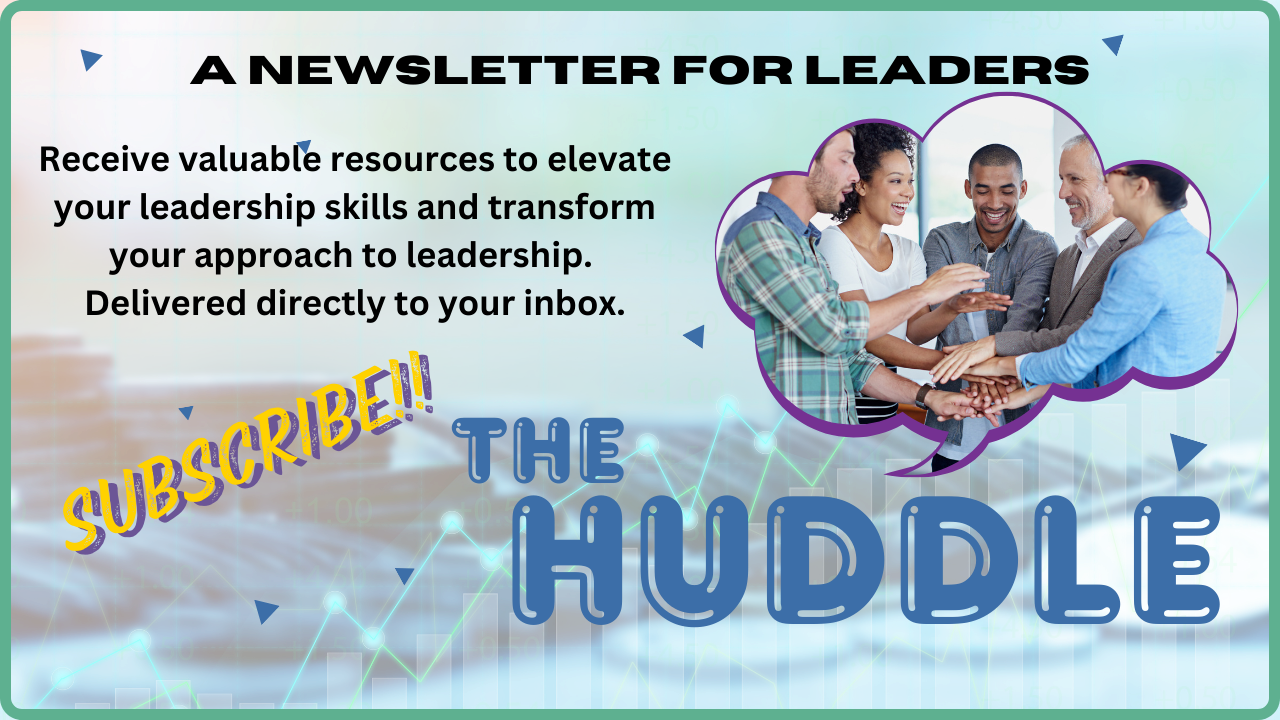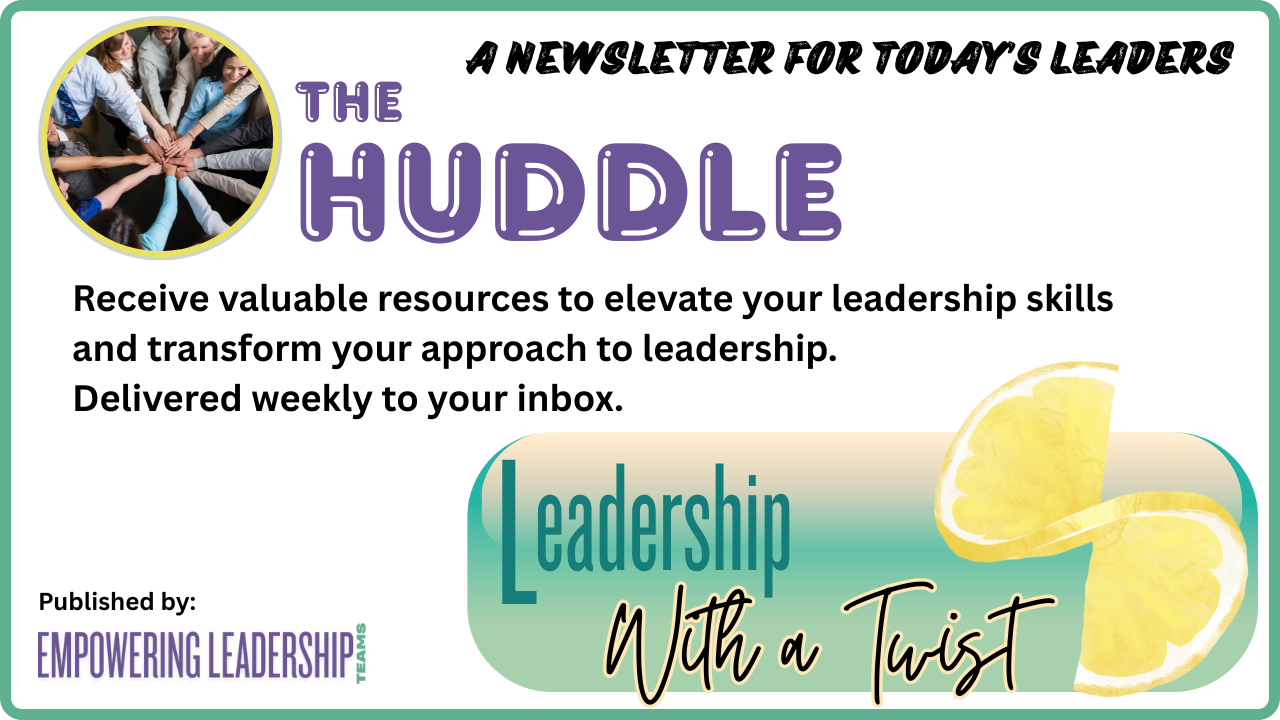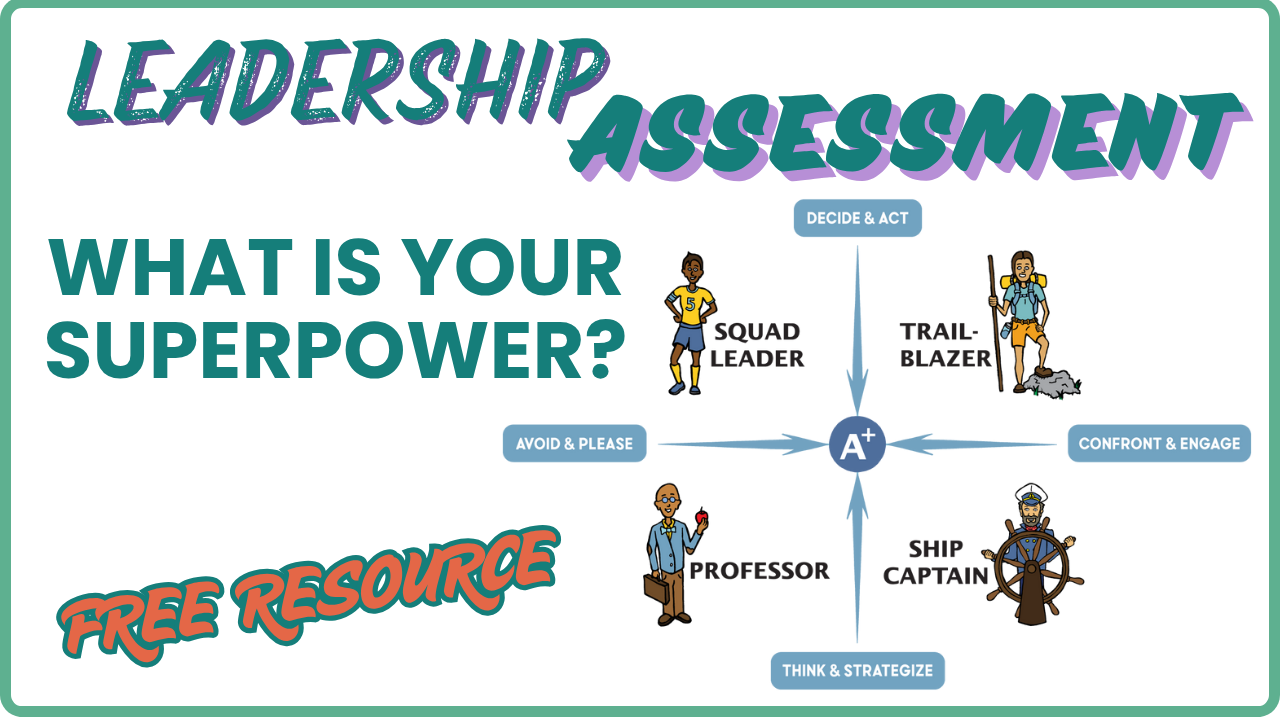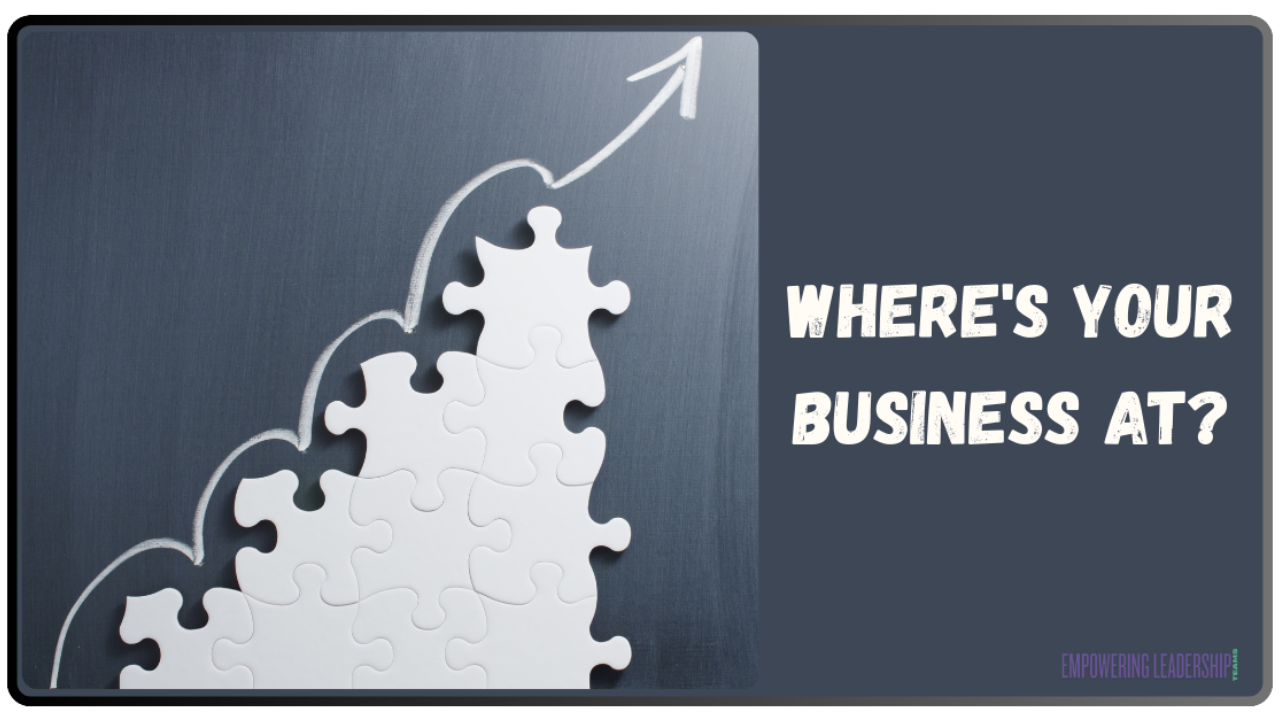The Power of Discernment: Transforming Your Leadership Journey

"Discernment is key in leadership - taking time for self-reflection leads to better decision-making and results."
As a leadership coach and consultant, I've witnessed countless professionals struggle with the daily challenges of leading teams and making impactful decisions. One question that often arises is, "Should I speak up?" This simple query encapsulates a fundamental aspect of leadership that we all face, regardless of our position or experience level.
In my years of working with diverse teams and organizations, I've come to understand that true leadership isn't just about making grand gestures or delivering inspiring speeches. It's about the small, everyday choices we make that shape our reputation and influence those around us.
The Toolbox for Everyday Leadership
One of the core principles I emphasize in all our programs is the importance of equipping leaders with a practical toolbox. These aren't just theoretical concepts but real, applicable strategies that can be used every day in various roles. When leaders truly implement these tools and embrace self-leadership, something magical happens – they begin to have the impact they've always wanted in their roles.
But what does this look like in practice? It's about creating an environment where team members feel empowered to fully contribute their creativity and thinking. It's about fostering a space where being part of a team isn't just a necessity but a genuinely enjoyable experience.
Think about it – we spend a significant portion of our lives at work. Shouldn't that time be fulfilling and allow us to express ourselves authentically? This is the vision I have for every workplace, and it's why I'm so passionate about what I do.
The Leadership Reputation You're Going For
One of the most powerful tools in a leader's arsenal is self-awareness. Before any team interaction, I encourage leaders to ask themselves, "What is the leadership reputation I'm going for?" This simple question can be transformative. It serves as an anchor point, guiding your choices and actions in every situation.
By keeping this question at the forefront of your mind, you can make more intentional decisions about how you show up, the questions you ask your teammates, and the way you handle challenges. It's a positive reframe that shifts your focus from reactive decision-making to proactive reputation-building.
The Power of Discernment
As we navigate the complex landscape of leadership, one word has become increasingly crucial: discernment. It's not about always having the right answer or making perfect decisions. Instead, it's about taking the time for self-reflection and trusting your inner compass.
Discernment allows us to pause, assess the situation, and choose the best course of action – even if it means deviating from our original plan. It's about recognizing when we need to push forward and when we need to step back and recharge.
I recently encountered a situation where a leader chose to postpone a difficult conversation—not out of avoidance, but because she recognized the need to calm her own nervous system before deciding on a course of action. This level of self-awareness and discernment led to a more productive outcome when the conversation eventually took place.
The Impact of Your Worst Days
There's a saying I often share with my clients: “People may not always remember your best day, but they'll never forget how you acted on your worst.” This sobering truth reminds us of the lasting impact our actions can have, especially during challenging times.
However, this doesn't mean we should fear difficult situations. Instead, it's an opportunity to showcase our leadership qualities when they matter most. When a project goes off track or deadlines loom, how you handle the pressure and support your team can create lasting positive memories.
The goal is to foster an environment where team members can look back on challenging times and think, "That was a really hard project, but I'm glad I was on this team. We came out the other end with something even better, and I loved being part of this company."
Embracing Vulnerability and Risk
Leadership inherently involves vulnerability and risk-taking. Some days, you might feel like you're taking risks all day long, while on others, you might be more hesitant. Both approaches have their place.
The key is to check in with yourself and ask, "What impact or influence do I want to have right now? How can I be a positive influence in this moment?" By grounding yourself in your desired leadership reputation and the positive impact you want to make, you can navigate these risks more confidently.
In conclusion, leadership is a journey of continuous growth and self-discovery. By embracing self-leadership, practicing discernment, and focusing on building a positive leadership reputation, we can create work environments that are not just productive, but truly fulfilling. Remember, your job isn't just a place where you spend time – it's an opportunity to express yourself and make a meaningful impact on the world around you.
As we continue to navigate the complexities of modern leadership, let's commit to making choices that reflect our best selves and inspire those around us to do the same. After all, that's what great leadership is all about.
Cheering you on!
Coach Heather
Related Video:
Should I Speak Up? The Leadership Choice You ALWAYS Face
Related Articles:
The Power of Adaptability in Leadership
Business Is Complex—Listen For Nuances To Improve Your Leadership Reputation
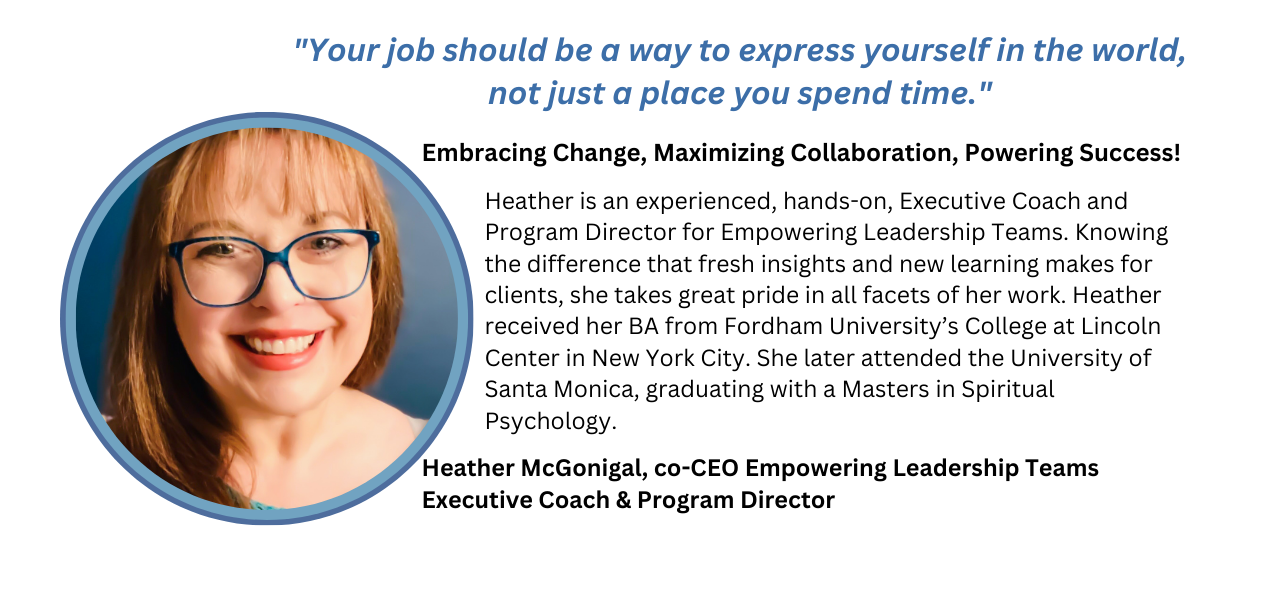
Ready to take your leadership skill to the next level?
Our eGuide "Unleashing Your Leadership Potential" is your secret weapon. Learn to overcome imposter syndrome, leverage your unique strengths, and inspire your team to greatness.







